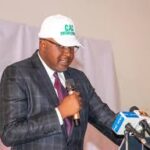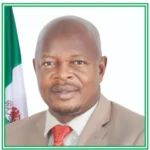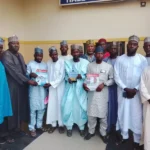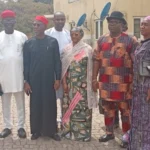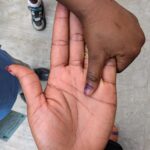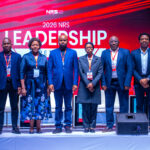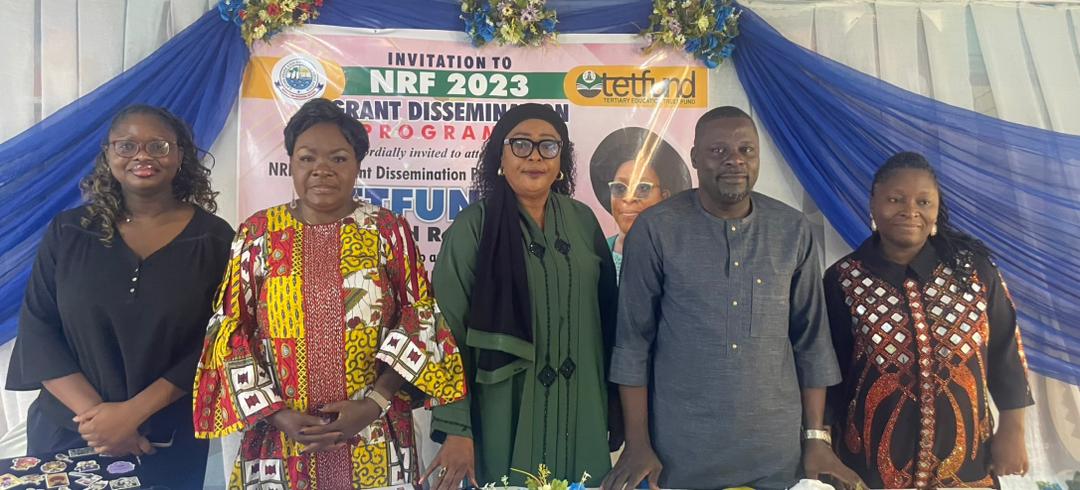By Henry Oladele
Prof. Joy Odewunmi of Lagos State University of Education, on Thursday, called on parents to teach their children dialects to prevent extinction of indigenous languages.
Odewunmi also urged governments to invest more in teachers of indigenous languages.
She made the call during presentation of experiences in a research carried out on indigenous languages with the Tertiary Education Trust Fund (TETFUND) 2023 grant.
The event held at the Lagos State University of Education (LASUED), Ijaniki, Lagos State.
The News Agency of Nigeria (NAN) reports that Odewunmi is of the College of Language and Communication Arts Education, LASUED.
The research was entitled ‘Teaching Hausa, Igbo and Yoruba Proverbs Using Colouring Books and Interactive Animations for Nigerian Junior Primary Schools’.
The professor said that parents should make speaking of native languages attractive to their children.
“Parents should speak to their children in their native languages. I know the brain has the capacity to learn 10,000 languages.
“Speak to them in your mother tongue and make the language attractive,” she said.
She said there was a gap in learning and proficiency in speaking Nigerian languages among the youth.
She noted that the 2022 National Policy on Education prescribed that mother tongues should be used as a medium of instruction for primary pupils.
“For junior secondary schools, the three major Nigerian languages are prescribed for learning.
“There is a continuous decline in use of our indigenous languages. There is now a renewed national pronouncement about adherence to teaching of primary pupils in their mother tongue,” she said.
Dr Ngozi Dom-Anyanwu appealed to the federal and state governments to produce more teachers on indigenous languages.
Dom-Anyanwu is a lecturer at the Department of Nigerian Languages, Igbo Unit, LASUED.
“Some teachers of these languages are not qualified. They are not qualified in teaching these languages. Some of them are ill-trained.
“When I say that they are ill-trained, what I mean is this: you go to a secondary school and see people teaching Igbo Language but they did not study Igbo Language in any higher institution.
The don said that a major challenge encountered during the research was that some states had different dialects.
“Maybe, they studied history or any other course, but because they are of Igbo origin, they just choose to teach the language.
“We should have qualified teachers, and those who are ill-trained should be given on-the-job training so that they will be able to teach well,” she said.
She also said that governments should provide instructional materials.
Prof. Oladayo Akomu of the Department of Nigerian Languages, LASUED, said that researches must be beneficial to the society.
“We won a grant from TETFUND and carried out a research, and today is the grand finale where we have to present our experience on the field.
“Over the years, Lagos State Government has tried when it comes to the issue of promoting indigenous languages.
“For instance, all Lagos State tertiary institutions are now offering Yoruba at the level of general studies; so, we have to praise the government for that.
He urged the government to work on the outcomes of the research.
“The usual practice in the past was that when we had research of this nature, the stakeholders didn’t always work on the outcomes.
“We appeal to the government to look into our recommendation.
“There are lots of research that we can carry out on indigenous languages apart from the one we have just done; so government has a lot of roles to play,” he said. (NAN)
Edited by Augusta Uchediunor/Ijeoma Popoola

